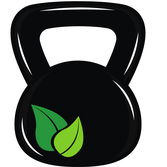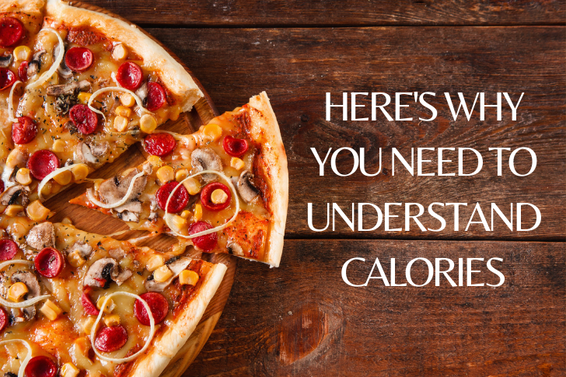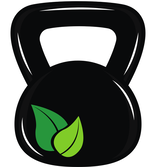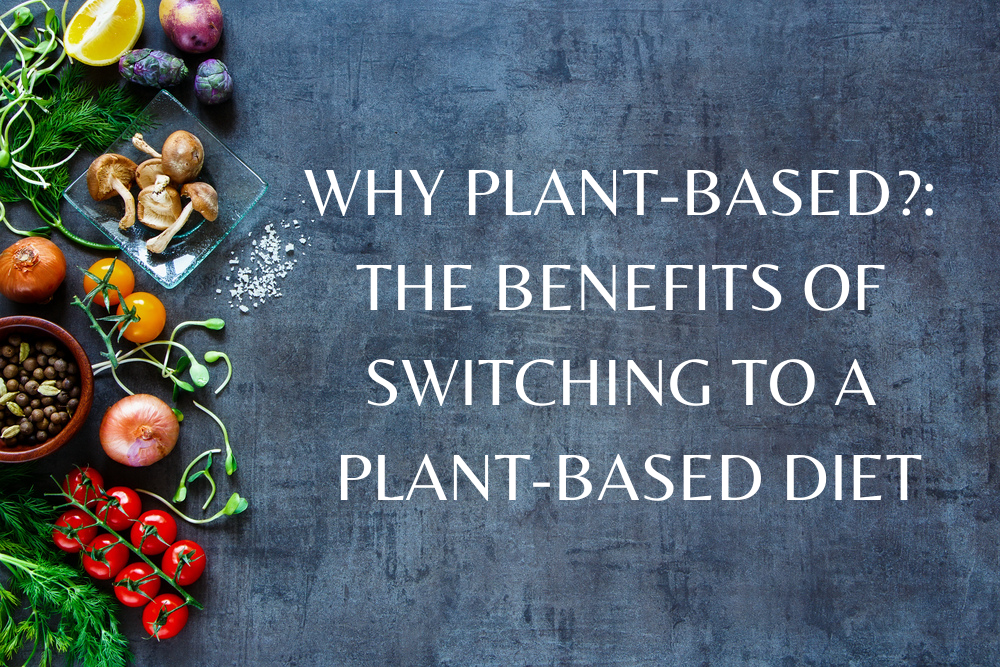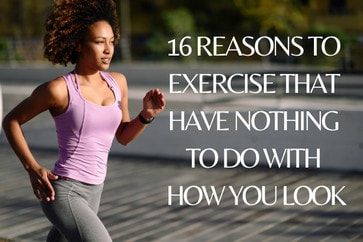|
Calories have gotten quite a bad rap, and understandably so. I’m sure that for most of you, the term “calories” conjures up images of diet-obsessed, body-obsessed people who wouldn’t know fun if it came and bit them in the ass. I get it. Eating isn’t supposed to be complicated. We’re supposed to be able to simply eat a meal without worrying that it’s going to cause us to gain weight. However, much of how things are supposed to be isn’t how they truly are.
A Brief History of the Western Food Environment Decades ago, when people cooked most of their food from fresh ingredients acquired from a market or a local farm, there wasn’t much need to understand calories. Much of the food eaten was in its whole, natural form, and our innate satiety cues told us when we’d had enough. This prevented us from eating more than our bodies actually needed. However, the rise of convenience “foods” in the 1950s set off a chain reaction that changed our food environments dramatically. Meals went from being something you prepared from scratch to something in a package that you’d simply put in the microwave. By the 1970s and 1980s, it became common to pick up a meal from a fast food drive-thru. We went from relying on meals made by someone at home to relying on corporations to feed us. The problem is, the primary responsibility of a corporation is to make profit, not feed us foods that nourish our bodies. In a competitive corporate food environment, companies were forced to distinguish themselves in order to convince customers to buy their products over another. As a result, companies began hiring scientists who studied the effects of certain food products on human brains and behavior. Eventually, scientists discovered the concept of the “bliss point”, the point at which food gives us so much ecstasy that it’s damn near impossible to resist. Using complex mathematical equations, scientists figured out that by bumping up certain components of food (the fat content, the sugar content, the salt content), they could maximize the food's desirability and keep customers coming back for more. The problem was that these formulations contained unnatural amounts of sugar, fat, and salt while also being devoid of nutrients such as fiber that help to regulate how fast food is absorbed into our body. These high fat, high sugar, low fiber foods began altering the way our bodies responded to food, essentially hijacking our natural hunger and satiety signals. While before we could easily feel full enough to say “I’m done”, all of a sudden it became possible to consume massive quantities of food without feeling properly satiated. Soon, it became the norm to regularly eat way more calories than our bodies required, and like my grandmother often said, “too much of one thing is good for nothing.” So What Are Calories? Calories are a measurement of energy. Without getting too much into the physics, understand that what we’ve come to casually refer to as calories are scientifically referred to as kilocalories. Regardless, the concept remains the same. Calories are a tool that tell us essentially how much energy is being provided to us by food, or, how much energy is being expended by the body. Every single body requires energy to survive. Each day, our brains, our beating heart, our metabolic system and all of the other biological systems that keep us alive require energy to function properly. If you stayed still and did nothing but breathe for an entire day, your body would still be burning calories. However, every body is different and there are a number of different factors which contribute to our individual caloric needs on a day to day basis. This is why certain diets can be a problem. They often include meal plans with caloric requirements that can be inappropriate for certain individuals. A 250-pound man, for example, could technically lose a lot of weight on a 1,200-calorie diet, but it would be unsustainable and possibly put him at risk for nutrient deficiency, simply because he isn’t eating enough food for his size. It would also probably be a super miserable experience. So What About Calories In Food? Food is broken down into three main macronutrients: carbohydrates (aka carbs), fats, and protein. They are called macronutrients because they are the main energy-providing nutrients available in food. Each of these macronutrients provide a different amount of calories. Carbohydrates and protein each provide 4 calories per gram, while fats provide about 9 calories per gram. Fats are naturally more energy-dense than carbs and protein, so foods that are higher in fat are going to be higher in calories. When we eat a meal, our bodies metabolize the foods by breaking them down into their nutrient components. However, when it comes to selecting fuel, our bodies preferentially seek out carbohydrates. Carbs are easily broken down into glucose, which is the primary, preferred fuel source for all of our body’s cells. If there isn’t enough glucose, our bodies then seek energy next from fat and then finally from protein. If we eat more energy than our bodies need, our bodies simply store it for later. This is how we “gain weight”. Food scientists working for major corporations long discovered that carbs and fat have very particular effects on how we experience food. The more sugar (which is a simple form of carbohydrate) a food contained, the more alluring the food would be. Fat was found to produce a very particular “mouth-feel” that made foods tastier and more decadent. In their quest to hook the most amount of customers, food companies started increasing the amount of sugar and fat (and salt, but that’s another discussion) in their foods. This meant an overall increase in the amount of calories that certain foods contained. Now, a single cookie could contain a large fraction of the amount of calories (energy) that the human body needs in a day - and who ever stops at just one cookie? So How Does Knowing About Calories Help Me Eat Better? Let’s be clear: food companies are very much aware that their products contain obscene amounts of sugar, fat, and other ingredients that far surpass what any normal human would need in a day. What’s their excuse? That it’s your responsibility. As far as they’re concerned, they create indulgences that people should know not to eat too much of. Yes, that’s right - even as they purposely alter their food to make it more addicting, they still believe that the responsibility lies solely with the consumer. So if you do what they desire and buy their products to consume on a regular basis, the consequences are all your own. You should’ve known better. Of course, this is bullshit. We’re all only just human, going about our day to day lives, trying to survive. The amount of free time available to create meals and figure out how to eat healthily has dwindled so much that for many people, the drive-thru or other convenience foods seem to be the only answer. Yes, our choices are always our own. But our choices our heavily shaped by the options presented to us by our environments. Knowledge Is Power Understanding calories means understanding your body’s energy needs and knowing if what you’re eating is too little, too much, or just enough to keep your body running - without storing excess pounds. This doesn’t mean that everyone needs to count calories every day for the rest of their lives. But it does mean that a general knowledge of how calories work and is necessary for anyone living in our current high-sugar, high-fat, high-calorie food environment. Most Americans (and increasingly more so people from other nations) can easily and unknowingly consume upwards of twice their total calorie needs in a day, simply by driving through the drive-thru for breakfast, lunch, and dinner. So What Should I Do?
|
|
COPYRIGHT © NIV MULLINGS 2021
|
Proudly powered by Weebly
